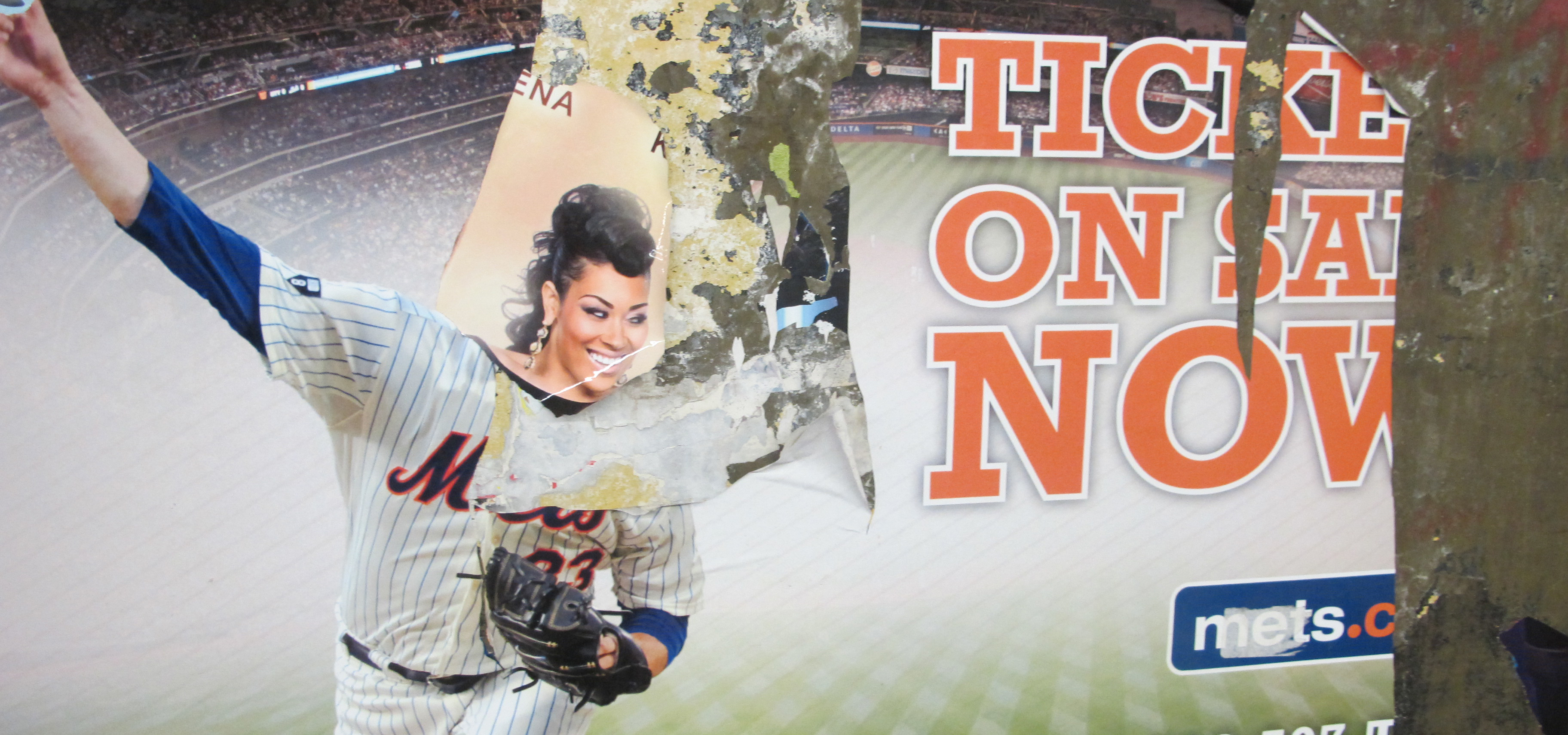Do you ever find a topic so fascinating that you're four entries deep before realizing you've gone down the Wikipedia wormhole? That's what my peer economy research expeditions feel like as I scour publications and interviews. I've stumbled upon the surprising history of property rights, technical definitions of firms and human capital, frameworks for worker cooperative networks, the push-pull between technological progress and socio-political arrangements, and more. In all of that, I find myself returning to three topics that are helping me understand the peer economy: the informal economy, the gift economy and fan cultures.
"Agency" is what inspires my peer economy research recently as it's a theme that runs through all these topics. Agency is the ability of individuals to act or decide for themselves. It's what I believe peer economy platforms offer their sellers, vendors, and workers who determine the what, how, and when they want to sell. Having that independence could translate the resources to pursue more meaningful things, whatever they may be. Agency is the common thread I see linking informal economy, gift economy and fan cultures. Like the peer economy, they also largely remain unregulated. Keeping this in mind, I present you with these illustrations of agency at work:
THE INFORMAL ECONOMY
This year, we’ve seen Mutual Aid in Motion.
From scaling sharing hubs to Mutual Aid 101 trainings, we’re helping communities build the tools they need.
Every dollar fuels lasting resilience – proving that when we move together, we all move forward.
Propelling development – Robert Neuwirth's goal in Stealth of Nations is to reveal the dimensionality of the informal economy, what he refers to as System D. "Informal economy" often dredges up images of smugglers, criminal rings and trafficking. But take Lagos, Nigeria, Neuwirth says. Self-starters built wooden pedestrian bridges over marsh flats, sell baggies of drinking water to parched sojourners, and keep West Africa from falling further behind through unregulated sales of older and used computer models. He describes technological gear heads as "bridging the digital divide one sale at a time" and water hawkers and pedestrian bridge guards as opportunists selling public conveniences where public works failed to take shape.
Public service – When I lived in Lesotho, I rode the kombi, a 14-passenger van that takes travelers across the country's rough terrain. The majority of destinations are only accessible by dirt roads, most of which are pocked with craters. It was common to see enterprising boys with shovels running between kombis, filling in holes and demanding that drivers donate for their public service.
GIFT ECONOMY AND FAN CULTURE
Representation – There is significant literature around feminism and vidders. Vidders splice together moving picture content to rewrite old narratives and create new ones. "Slash" is a fan fiction subgenre. Several video savvy Trekkies turned their attention to Kirk/Spock slash vids, which tease out the homoerotic undertones in the original Star Trek. Although the TV franchise implies that in the Star Trek universe, differences have no bearing, it does so through their absence: Did homophobia go away because people put their quibbles aside or because gays do not exist in a Star Trek universe? The YouTube collection of Kirk/Spock vids are a way for people to see themselves in a universe where they already almost feel at home.
Customization – In a similar vein, Mike Hoye hacked his five-year old daughter's Nintendo game. He wasn't trying to make illegal copies but to make it easier for his daughter to identify with Link, the protagonist of The Legend of Zelda series. With a few lines of code, Hoye changed all the male pronouns to female pronouns, effectively making Link into a female hero. Like many homebrew hackers, Hoye has made the code available.
Paying it forward – Hoye's code is scaffolding for likeminded gamers, and he's given that scaffolding freely. The gift economy is about giving something without expectation of immediate return. In fact, the giver may not be the one to claim the return; there's a pay-it-forward ethos in the gift economy. CouchSurfing is a popular example: By offering their couches to travelers as free acommodations, hosts give surfers financial peace-of-mind that makes it possible to consider traveling. Surfers often become hosts as well.
These examples are transactions across cultures and infrastructure. When people didn't see their needs met in the official versions of government or popular media, they patched those gaps. Sometimes individual agency happened to align with public needs, opening up new markets because, as Neuwirth puts it, "legal businesses don't find enough profit in bringing cutting-edge products to the third world." Other times, generosity transforms luxuries such as travel into a very real option.
Peer economy platforms can give people a degree of agency in how they earn income, but in the process, companies like Airbnb and Lyft also come up against city regulations around public-private space and more (or a lack thereof). There are many more quandaries to come. Soon we'll have to ask hard questions about where management—even regulation—fit into the peer economy. Of course, informal and gift economies cultures don't operate as one voice, but I believe if we look hard enough, we'll find hints in informal economies, gift economies and fan cultures about how to structure the peer economy.
##
Further reading
- Stealth of Nations: The global rise of the informal economy, by Robert Neuwirth
- User-Penetrated Content: Fan Video in the Age of Convergence « Cinema Journal, by Julie Levin Russo
- This Mod switches Wind Waker's Link into a girl « Kill Screen, by Rachel Helps
For more dispatches, follow Denise on Twitter: @hiDenise
Image: The NYC subway tunnels are galleries of advertisement mash-ups. Here, subway artists remixed a movie advert with season tickets to the Mets. I like to think that the artists said to themselves, now there's a woman who's definitely got a mean pitch.

